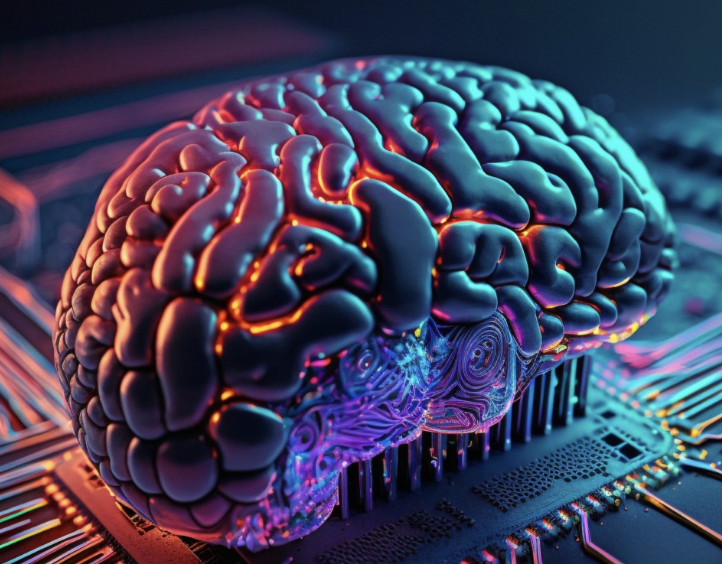The rise of artificial intelligence (AI) has pushed us into a new era of technological advancement, with the possibility of revolutionizing industries and changing our lives. After watching In the Age of AI by FRONTLINE, I was intrigued by the incredible possibilities AI offers, but also worried about the ethical dilemmas it brings. While AI holds a lot of potential, it is important to consider its ethical issues, benefits, and risks. As we navigate this new era, I believe AI can be beneficial if it is used properly and in a controlled manner.
The Ethics
One of the primary ethical concerns highlighted in the documentary is AI's ability to worsen societal bias. AI systems are trained on large datasets, and if these datasets reflect existing biases, AI may unintentionally repeat them. One example that stands out to me is facial recognition technology, which is less accurate for people of color, raising concerns about racial discrimination. The question becomes even more important when these biases could impact legal systems.
Additionally, the potential for AI to be used negatively is scary. FRONTLINE explored the rise of AI in surveillance systems, sparking important questions about privacy and civil liberties. When AI is used to track personal data and monitor behavior, where is the line between safety and invasion of privacy?
Potential Benefits
Despite these ethical challenges, AI offers many benefits across a wide variety of areas. In healthcare, for example, AI can analyze medical images with impressive speed and accuracy and help in developing new treatments which leads to more effective and efficient help. In transportation, self-driving cars have the potential to reduce human error, improving safety on our roads. The opportunity to use AI in helpful ways is endless, and the possibilities for its positive impact on society seem infinite.
The Risks
However, the risks associated with AI should not be ignored. Taking away jobs is one of the most significant concerns. AI could replace human workers in industries such as manufacturing, retail, and transportation as automation grows. This threatens the socio-economic divide, particularly affecting low-skill jobs which could create an employment crisis.
FRONTLINE highlighted the concentration of AI development within only a few large tech companies. These companies control massive amounts of data, which raises concerns about the power they have over our personal information and the risk of a monopoly. Without proper regulation or understanding of AI, this concentration of power could have heavy consequences for data privacy.
Conclusion
AI is a powerful tool that can shape our future in both positive and negative ways. As the documentary revealed, it is crucial to approach its development and use with caution, along with a commitment to using it ethically. By understanding the potential benefits and risks, we can work together to ensure that AI is implemented responsibly and beneficially.






No comments:
Post a Comment